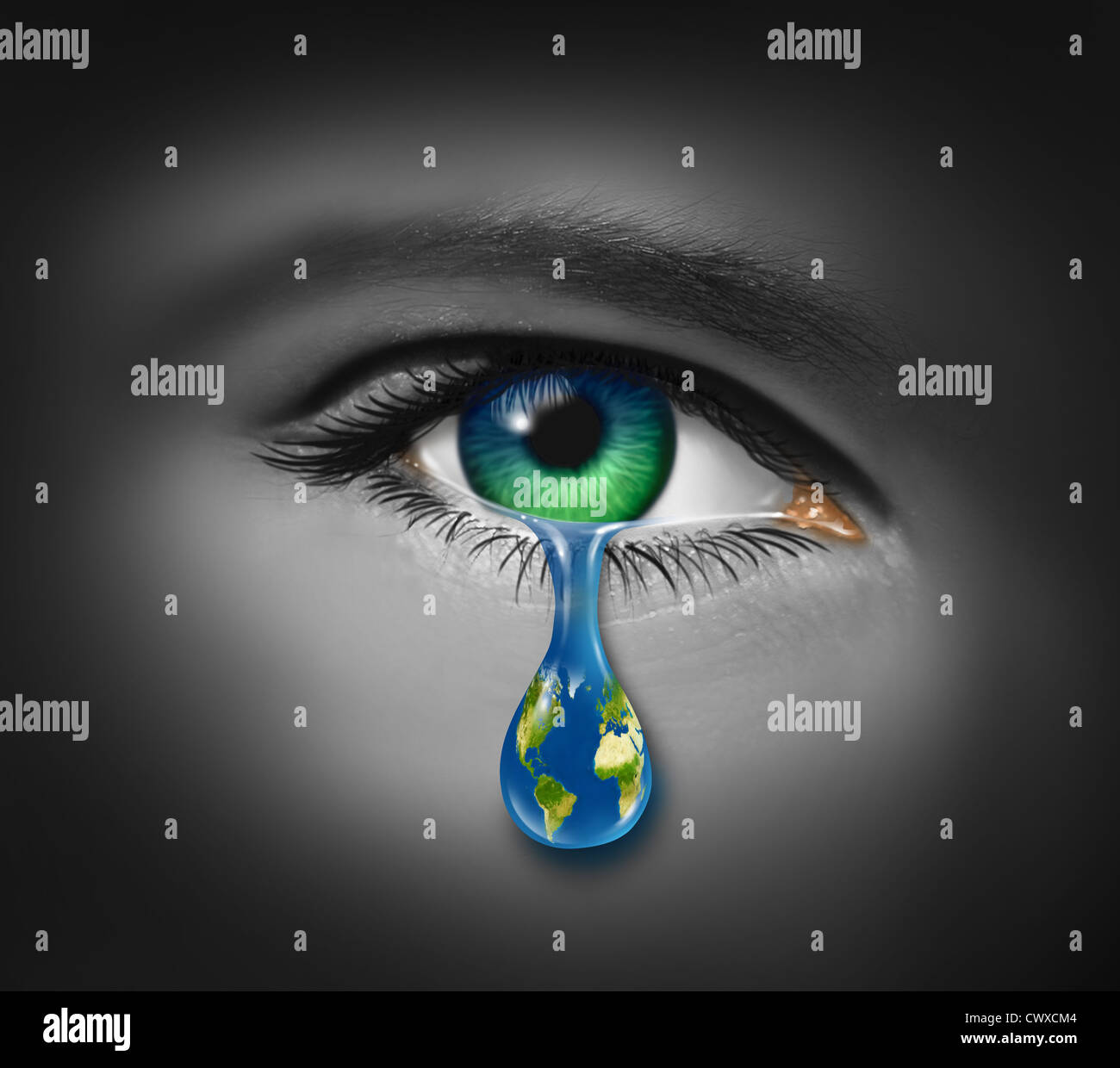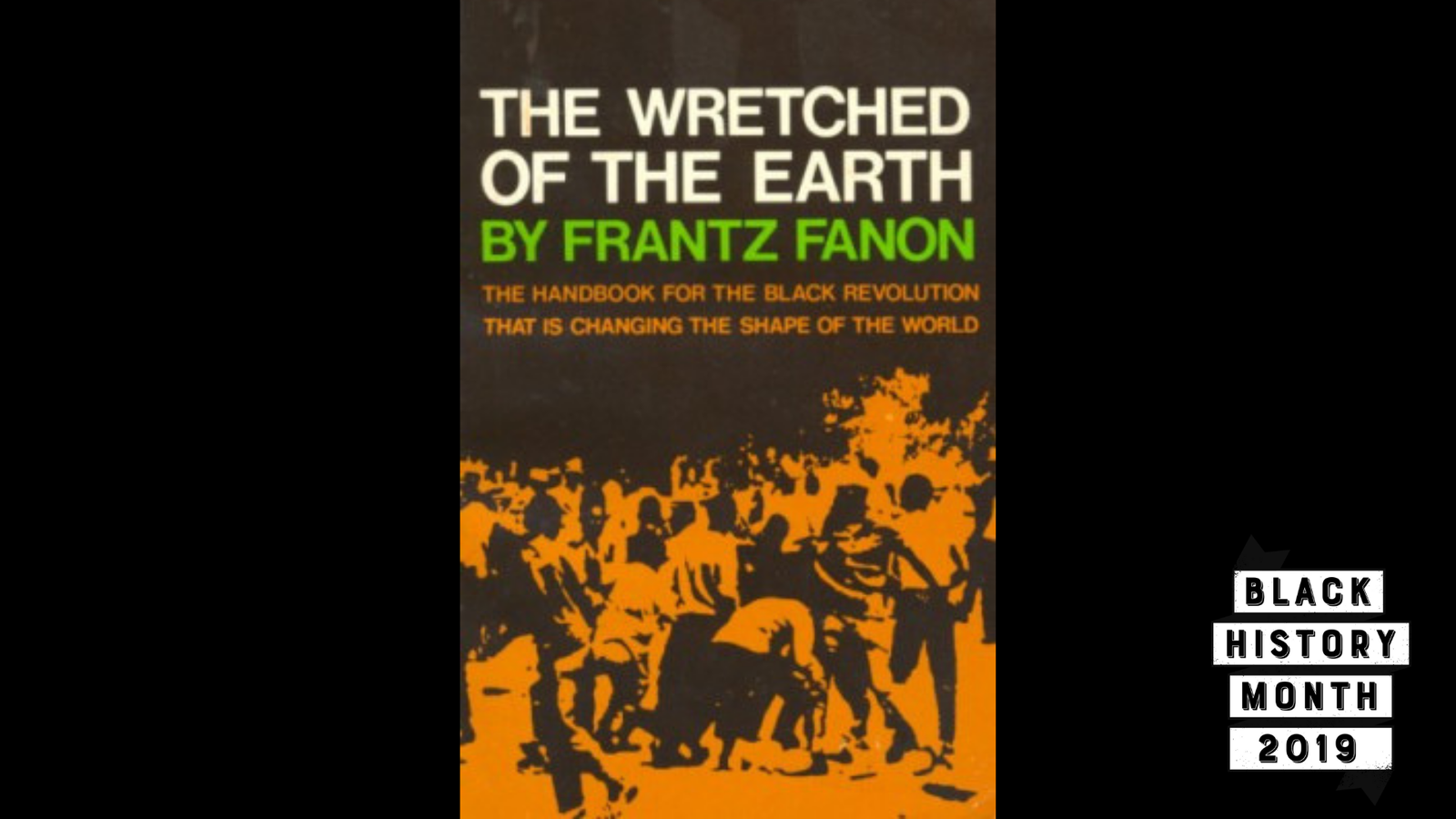

But, just like colonial violence, the dichotomy can be reversed. Fanon uses Manichaeism to refer to the colonist's simplistic, dualistic worldview in which the world is divided into good and evil, white and black, colonist and colonized. Manichaeism was a dualistic religious system in early Christianity that split the world into good and evil, light and dark. At the same time, after independence, the most powerful within the new nation may, like the old colonists, once against use violence to elicit the submission of the rural masses.

The colonized learn violence from the colonist, and then use it against them. But this means that the colonized can only free themselves by reversing the dynamic and themselves exercising violence against the colonist. Colonialism first maintains the authority of the colonist through violence, eliciting submission from the colonized through the police and soldiers. Violence is a frequent theme in The Wretched of the Earth, and Fanon is particularly interested in showing how different forms of violence repeat in colonial and post-colonial history. The freeing of their land from colonial control is also a freeing of their minds from submission and subjugation. But in decolonization, Africans are liberated to think of themselves as having control over the conditions of their life. Under colonialism, Africans have no nation, because they are controlled by European authority. Most important, for Fanon, is a national consciousness, or an awareness of oneself as belonging to a free and sovereign nation. A persistent theme throughout The Wretched of the Earth is the different forms of consciousness, or self-awareness, that liberation and independence can bring. Related to the connection between politics and psychology, Fanon argues that decolonization will not only liberate the colonized from exploitation, but will also free his mind. Colonialism creates the very identities of colonized and colonist, which makes it not only a political regime, but also a psychological one. When the colonized experience neuroses, depression, and other disorders, the cure is as much political as it is personal. As a result, political problems and psychological health are deeply connected. The colonized also experience psychological problems due to the trauma of violence at the hands of the colonist. In his understanding, the colonist subjugates the colonized not only economically and politically, but also psychologically, by imposing an inferiority complex on those they subjugate. Fanon, a psychiatrist, was especially interested in how colonialism affects the psychological makeup of the colonized.


 0 kommentar(er)
0 kommentar(er)
